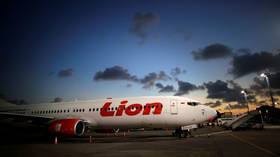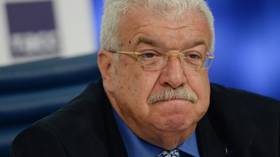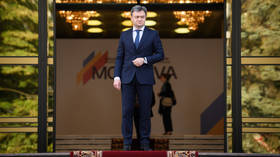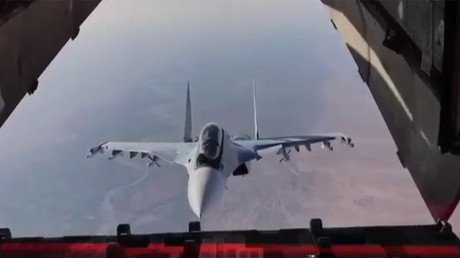Indonesian air carrier to ditch Boeing’s jets after crash, in favor of rival Airbus

Lion Air, Indonesia’s largest privately run airline, has announced plans to replace its Boeing 747-400 aircraft with the Airbus 330-900NEO as part of its strategy in response to the dynamic aviation market.
The air carrier is currently operating only one Boeing double-deck airplane, which has been part of its fleet since 2009. The aircraft has 12 business class and 492 economy class seats.
“The airline was proud to operate the plane dubbed ‘Queen of the Skies’ for the last 10 years to serve domestic commercial flights,” the company’s spokesman Danang Mandala Prihantoro said, as quoted by The Jakarta Post.
Also on rt.com Boeing’s latest crashes pose serious risk to global AI development – analysts
“The Airbus 330-900NEO will arrive in Indonesia gradually, starting in May. This year, Lion Air will receive two of the airplanes,” Mandala added.
The air carrier ordered 10 Airbus 330-900NEO planes in 2018 with the jets expected to be delivered in 2019 and 2020.
“Lion Air is happy with the addition of the Airbus 330-900 NEO to its fleet as it is in line with the long-range aviation business development. The plane is known for its fuel efficiency and long range,” the spokesman added.
Also on rt.com Doomed Boeing 737 Max missing 2 key safety features that were sold as ‘optional extras’The airline reportedly accounts for some 40 percent of Indonesian air transport service. The second largest low-cost airline in the country, Lion Air carried around 51 million passengers in 2017. The company operates 300 planes, most of which are Boeing 737s.
In October, a Boeing 737 MAX 8 operated by Lion Air crashed into the Java Sea en route from Jakarta to the Indonesian city of Pangkal Pinang, 13 minutes after take-off. The fatal accident killed all 189 people on board. Earlier this month, an aircraft of the same model crashed in Ethiopia, claiming the lives of 157 people.
The two crashes in five months created an international firestorm for the world’s biggest plane manufacturer, with regulators grounding all MAX 8s across the globe. The measure dragged Boeing’s shares down, wiping more than $40 billion from the company’s market value.
For more stories on economy & finance visit RT's business section













